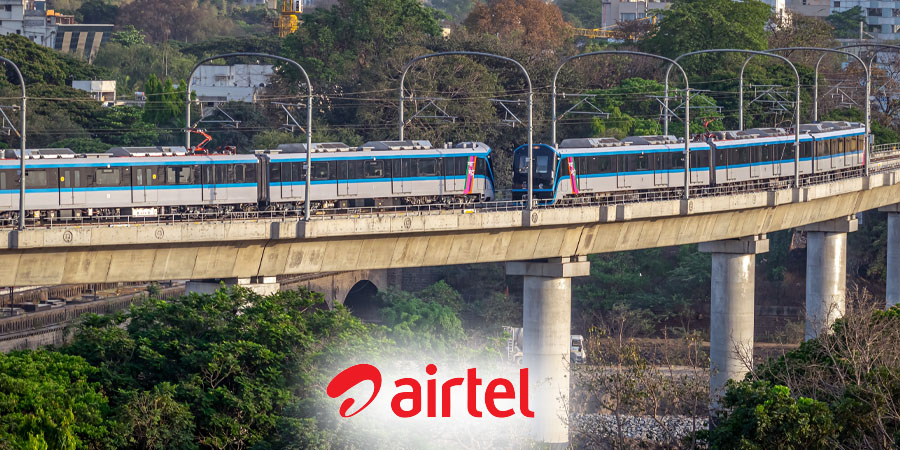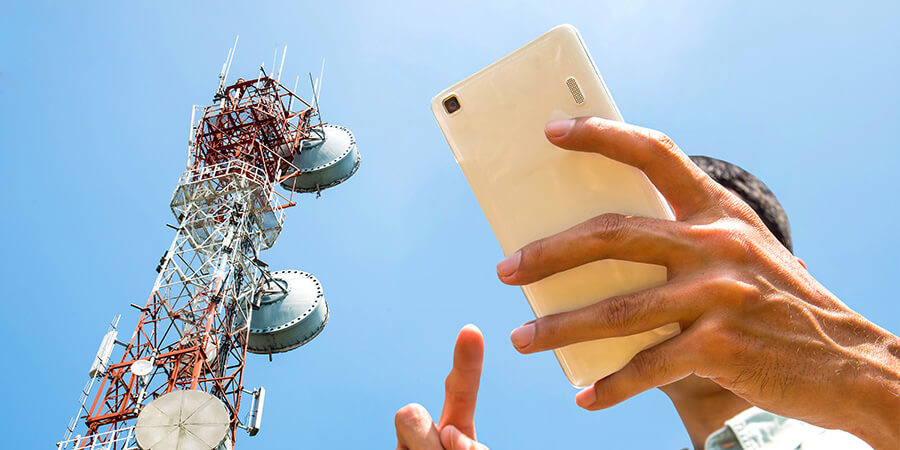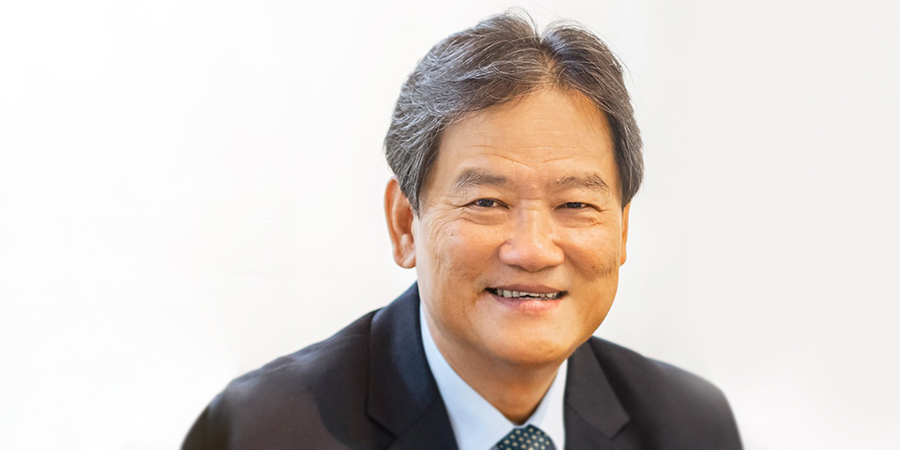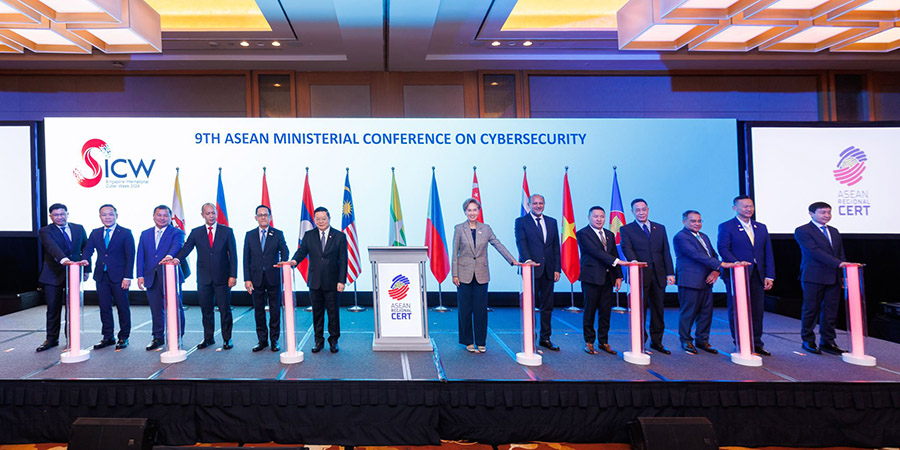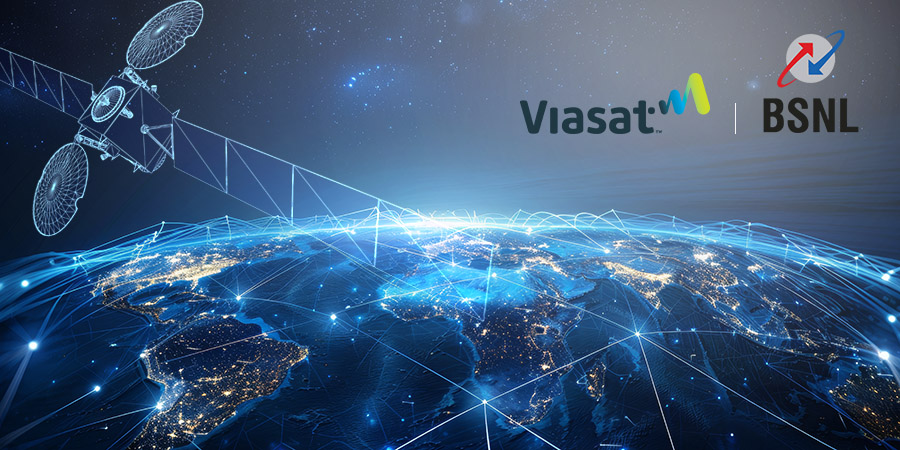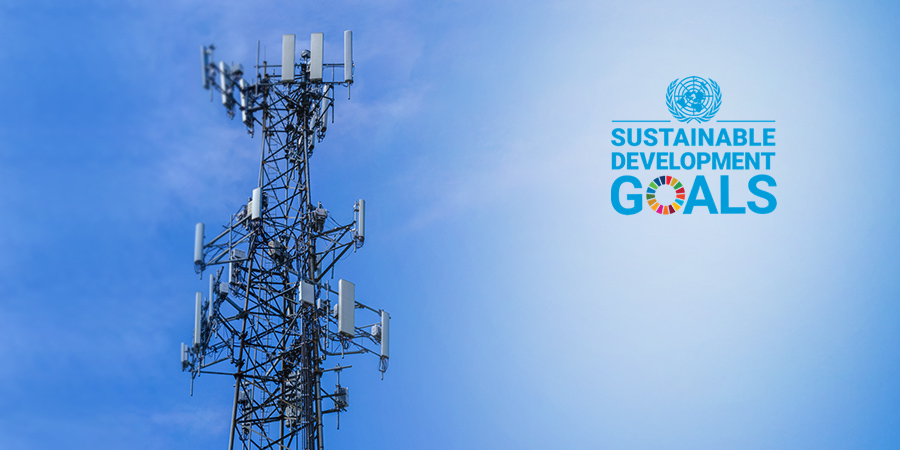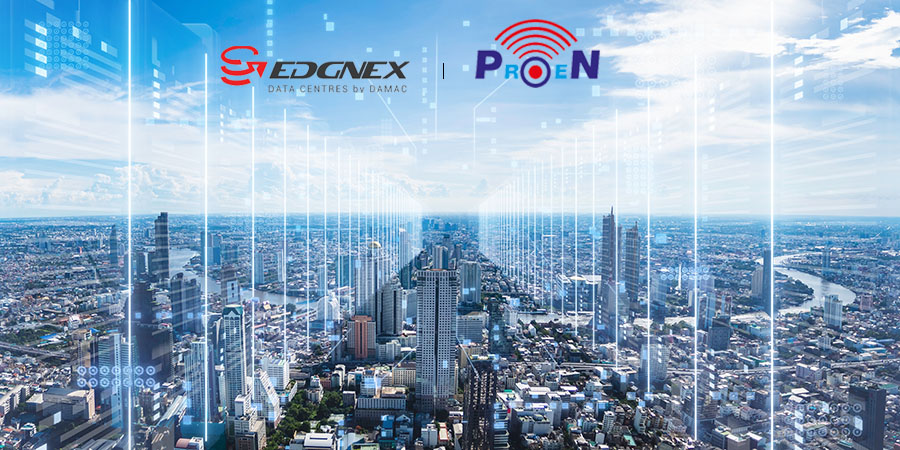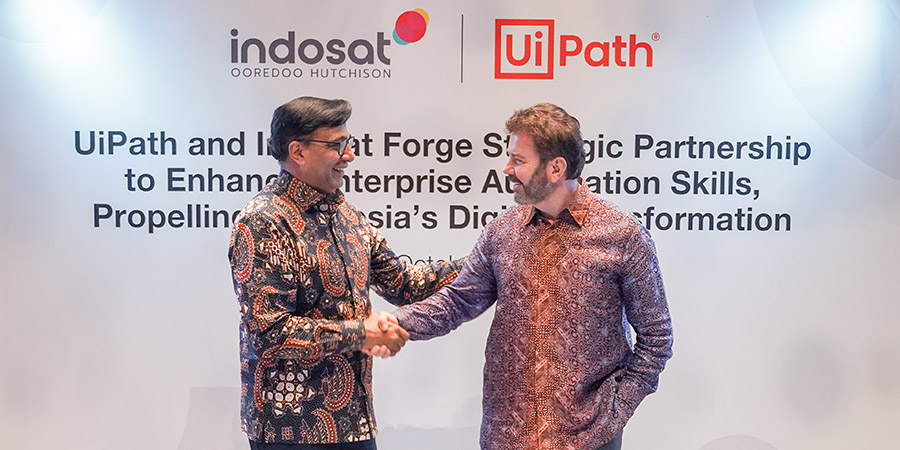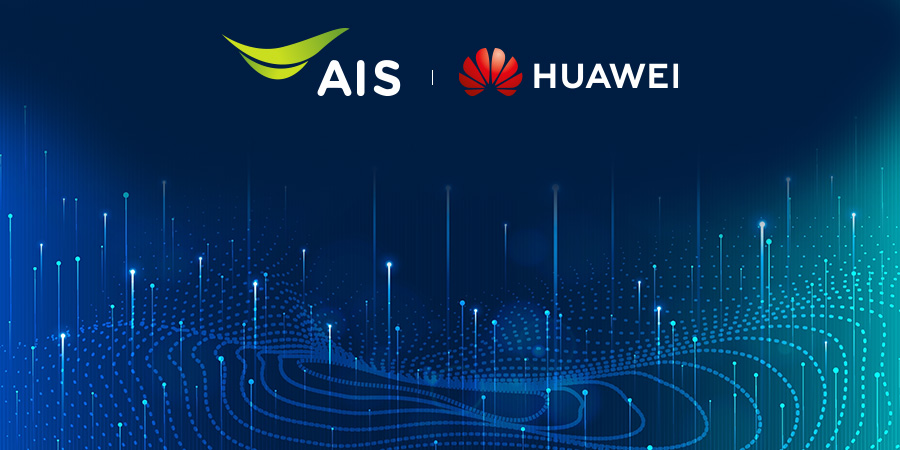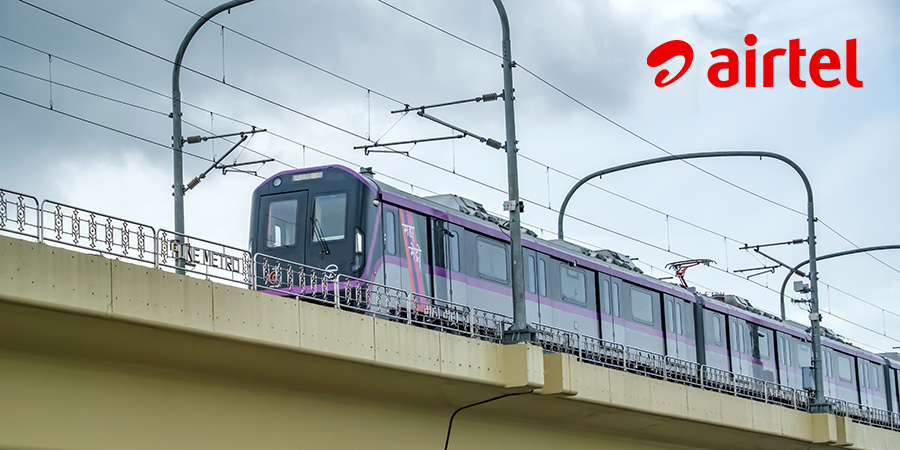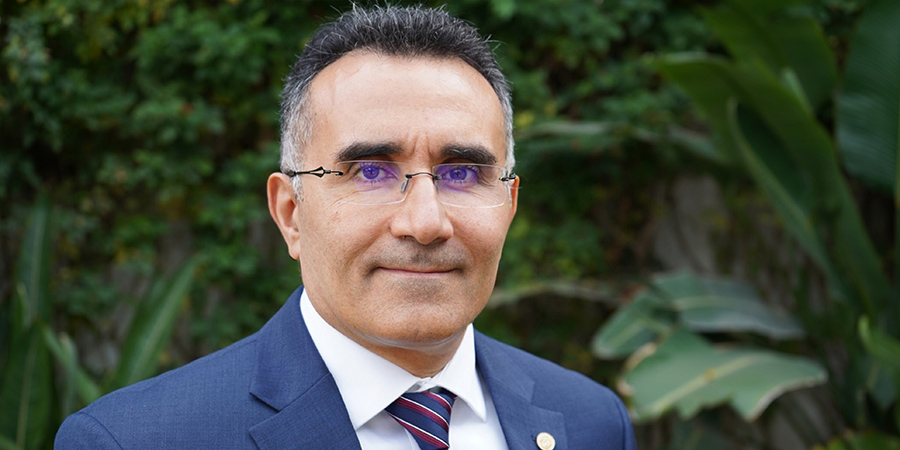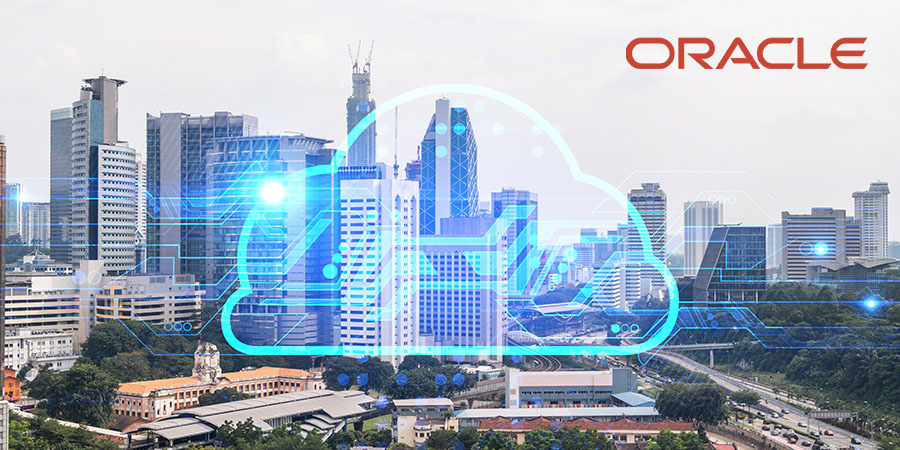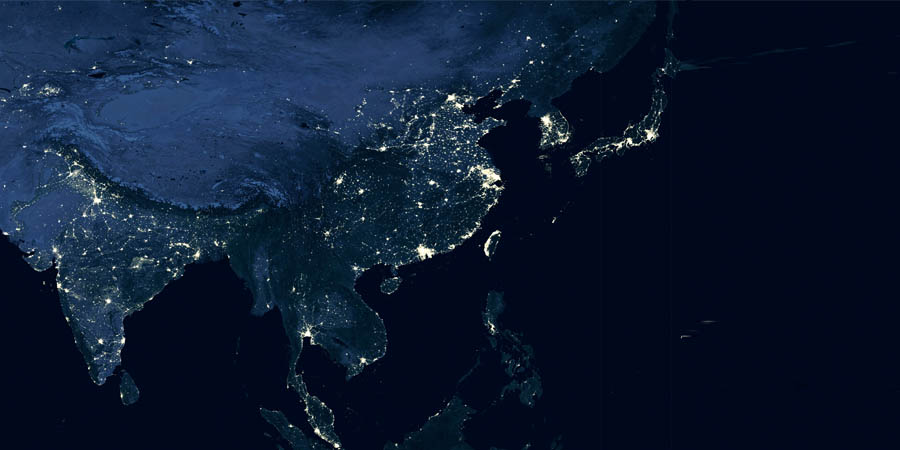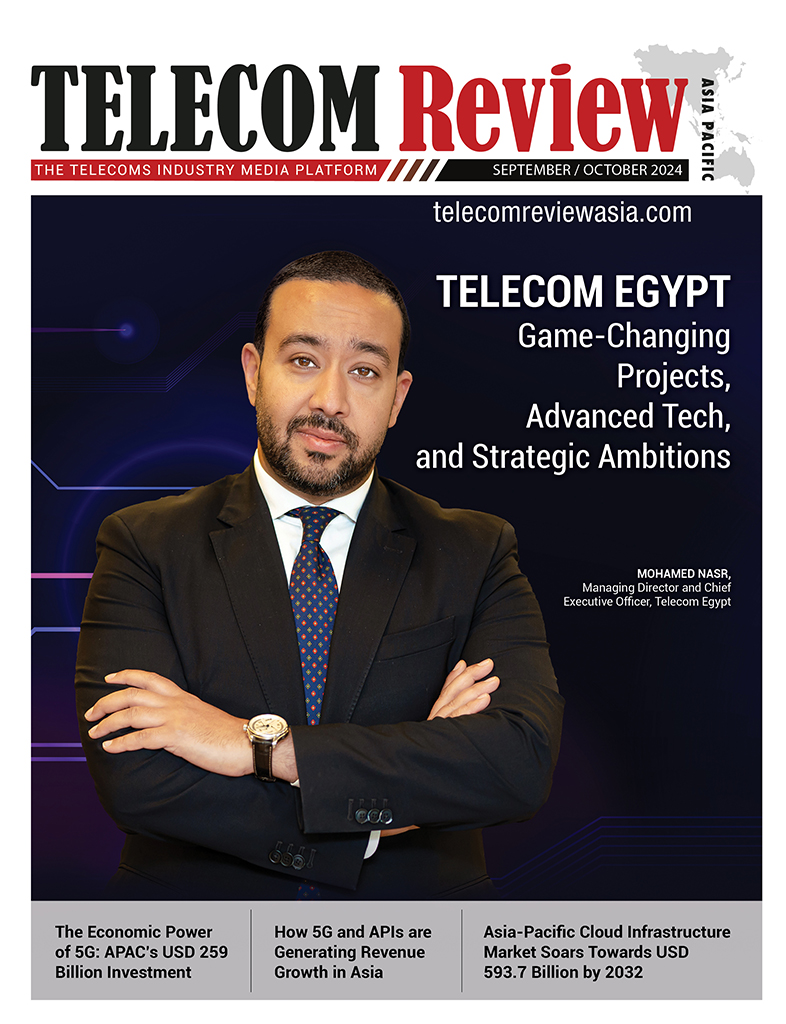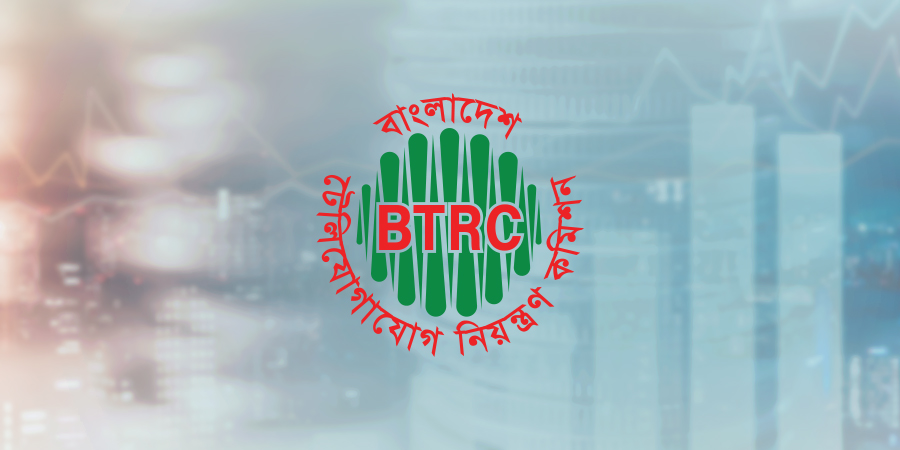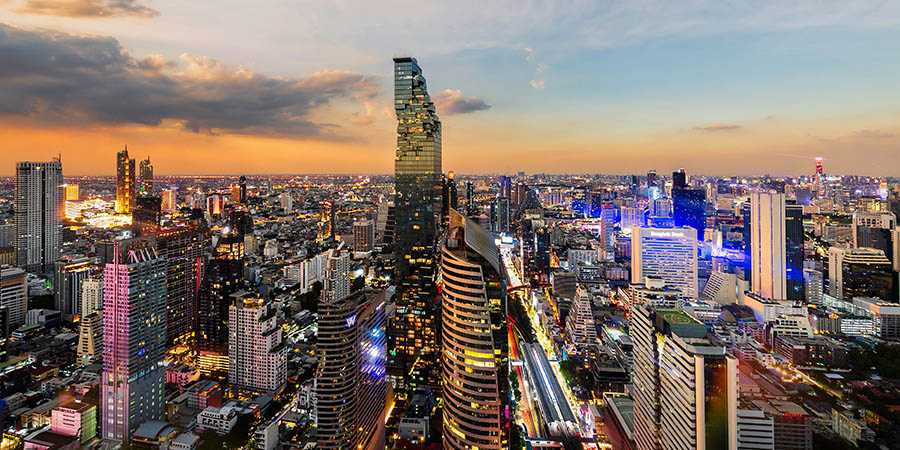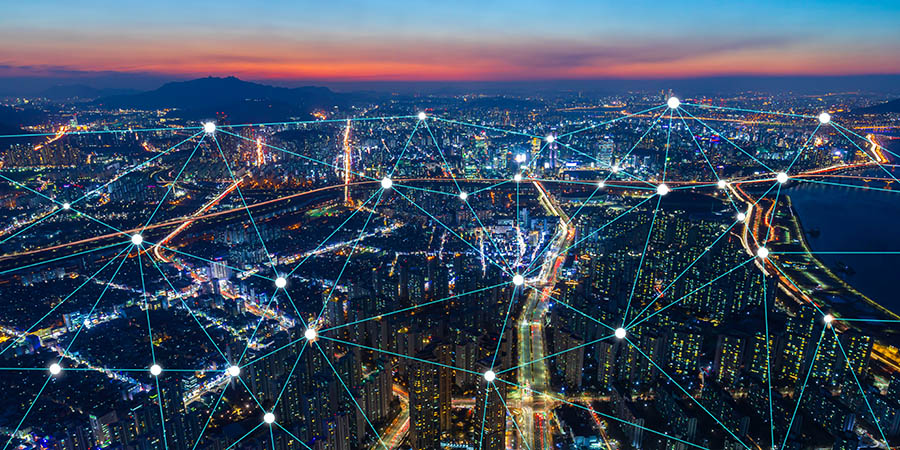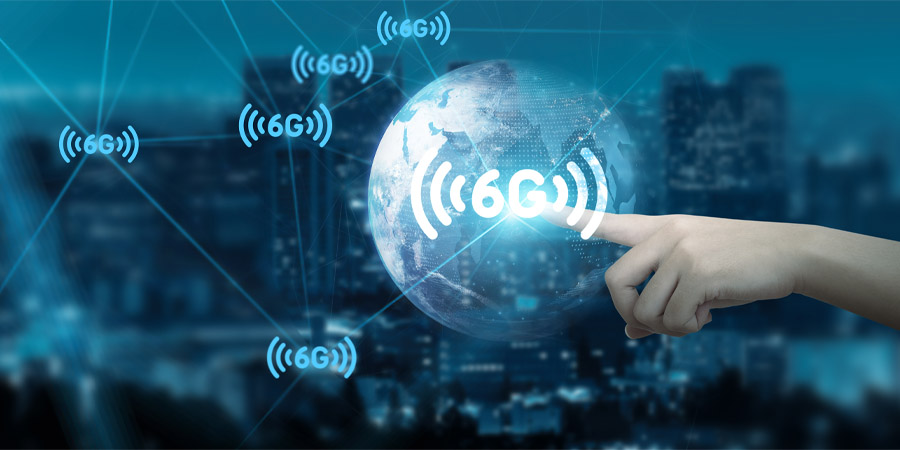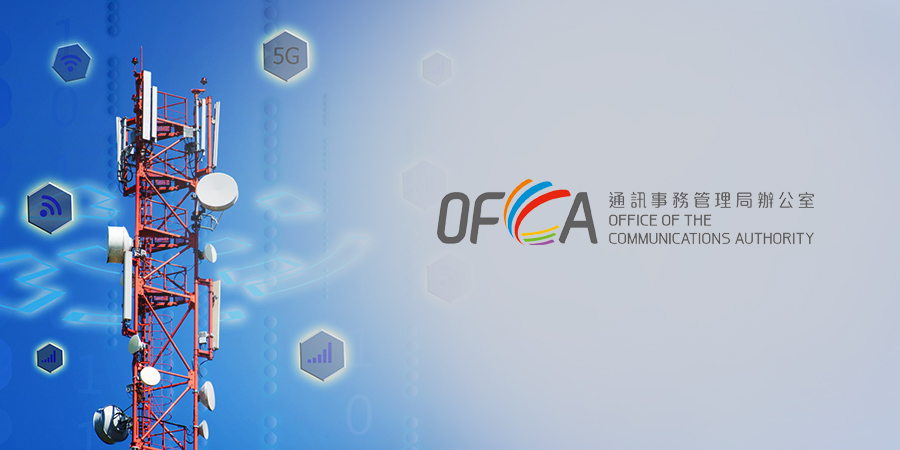The Bangladesh Telecommunication Regulatory Commission (BTRC) has opted to permit mobile phone operators to settle spectrum acquisition fees using the local currency, providing them with relief amidst the significant rise in the value of the US dollar.
The issue between the regulator and the operators regarding the currency for settling the spectrum price emerged in August 2023, prompted by a letter from the BTRC to the companies soliciting their opinions on the preferred currency for payment. This payment pertained to the acquisition of 190 megahertz (MHz) of spectrum by the country's four mobile phone operators for USD 1.23 billion in March 2022.
Latest Policy News: BTRC Awards Unified Spectrum Licenses for 5G Services
On October 22, Banglalink, Grameenphone, and Robi collectively wrote to the BTRC, urging the commission to stipulate the spectrum price in the local currency. The operators highlighted that in all other South-Asian nations (except Pakistan), companies settle their spectrum bills using their respective local currencies.
Documents revealed that the price of spectrum was set in taka from 2008 to 2011. However, during the auctions held in 2013, 2018, 2021, and 2022, the price was determined in USD.
However, in most cases, operators were allowed to pay in installments in the local currency based on the exchange rate on the day of the auctions.
Latest Industry News: Bangladesh Regulator Sets Up Committee to Draft Satellite Internet Guidelines
"We have always paid the spectrum fee in the taka," said Mohammed Shahedul Alam, Chief Corporate and Regulatory Officer at Robi, noting that the spectrum was priced in dollars solely to align them with rates in other countries.
Sheikh Reaz Ahmed, a commissioner at the BTRC, confirmed, "The spectrum fee will be set in the taka and the operators will be able to pay it for the spectrum they acquired in 2022." He added that, if specified, the fee would need to be settled based on the dollar rate at the time of payment.
Also Read: Unified Licenses Streamline Bangladesh’s Telecom 5G Evolution and Operations



